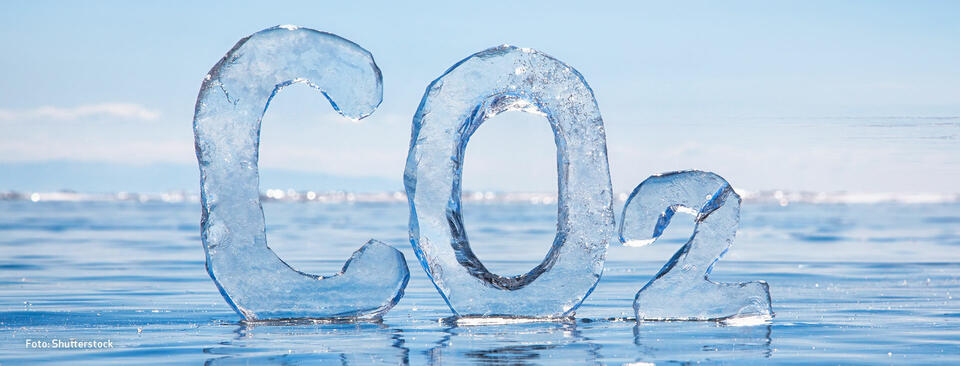Efficient and Transparent CO2-storage

Crucial for achieving the Paris Agreement goals, Carbon Capture and Storage (CCS) is advancing with major projects like Norway's Northern Lights. NORSAR contributes to cost-effective methods for monitoring CO2 injection and storage. In 2023, we also investigated public perception and acceptance of CCS technology as a part of the ENSURE project.
NORSAR has been in the forefront of advancing the understanding in the relationship between large-scale CO2 injection and induced seismic activity. Our expertise is demonstrated through participation in global projects such as In Salah (Algeria), Decatur (Illinois, US), Quest (Alberta, Canada) and Northern Lights (Norway).
Northern Lights, set to start injection in 2025, operates the first large-scale CO2 storage site on the Norwegian Continental Shelf. NORSAR has been engaged in a collaborative effort with partners in the CLIMIT Demo project HordaNET, working alongside Northern Lights, Equinor, Shell, TotalEnergies, CGG, and the University of Bergen. Under the leadership of Equinor, this project aims to enhance the assessment of natural seismic activity, providing support for the Northern Lights CO2 storage project. Simultaneously, projects are developing in the Dutch, UK, and Danish sectors of the North Sea, contributing to a European market for CCS. Gaining public trust in CCS technology is important for industry success as its inception relies on a public-private financing partnership and obtaining public permits.
Public perceptions and acceptance of CCS
The perception of actual versus perceived risk of CCS can significantly differ across countries. In 2023, the ENSURE project conducted a comprehensive survey to map public perceptions and acceptance of CCS. The survey was led by the University of Alberta, and the survey was conducted in Norway, the Netherlands, the UK, Germany, and in the province of Alberta, Canada.
The survey revealed a notable lack of the public in knowledge on CCS across all countries, even in Norway, where CCS has been extensively discussed. Additionally, there was low willingness among the public to support the storage of emissions from other countries. The research further revealed differences in trust and transparency preferences. The survey identified varying opinions on who should be responsible for implementing CCS and managing its risks and mitigation. In Norway, Germany, and the Netherlands, there was a clear preference for independent regulatory bodies having a controlling eye on the storage. This underscores that third-party monitoring can have a role in ensuring transparency and public trust in storage technologies.
These results were discussed at an open workshop on acceptance and communication in Shell’s offices in Amsterdam in November and our gained experience from the workshop will be used in developing advice for effective communication strategies around CO2 storage for a diverse audience.
NORSAR stays committed to continue the advancement of research and technology in the field of CO2 storage monitoring, contributing to success and safety.
